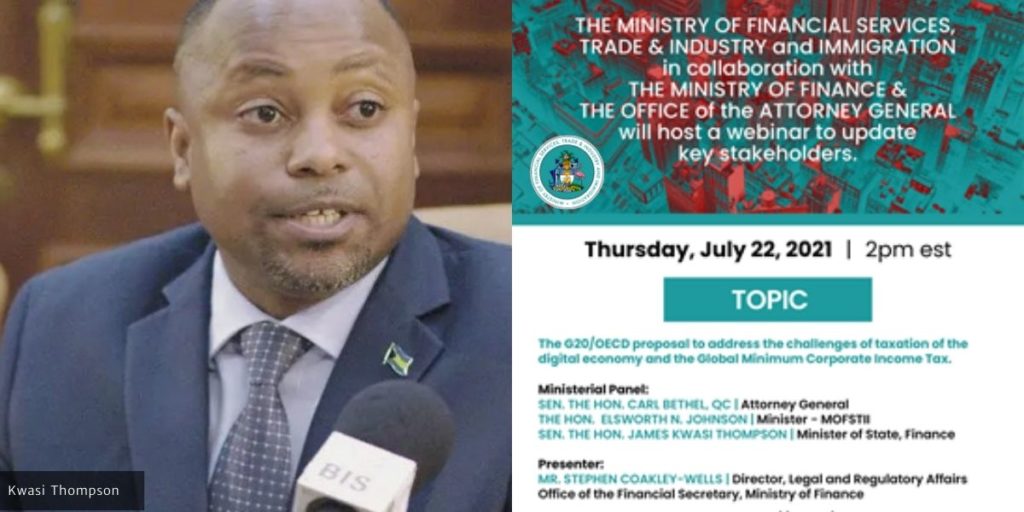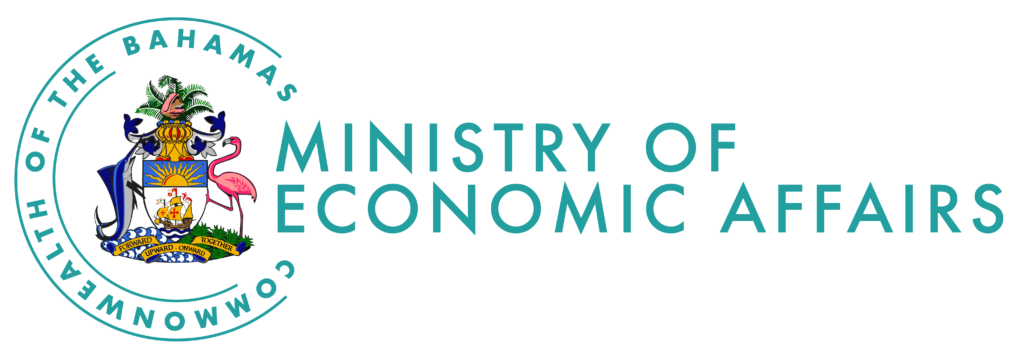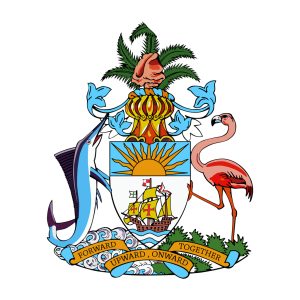
The Bahamas took its first steps toward implementing a global minimum corporate income tax, after the government met with financial industry stakeholders to brief them on the adoption of the OECD/G20 Inclusive Framework on Base Erosion and Profit Shifting.
The Bahamas has agreed in principal to adopt the policy, which calls for the implementation of a global minimum corporate income tax of at least 15 percent.
“It is anticipated that by the end of 2023, jurisdictions would have adopted pillar two within their legislative frameworks and then they are certain jurisdictions that have asked for a transitionary period. That is still up for discussion, but it is being viewed very favorably in the inclusive framework,” the Ministry of Finance’s Director of Regulatory and International Affairs Stephen Coakley-Wells said yesterday during a webinar hosted by the Ministry of Financial Services, Trade and Industry and Immigration in conjunction with the Ministry of Finance and the Office of The Attorney General.
“These discussions are ongoing, countries are presenting their positions to the inclusive framework. A lot of countries have agreed in principle with reservations. The Bahamas has agreed in principle with reservations specific to The Bahamas. So it remains a wait-and-see game to see what the final package will look like.”
Speaking to risks to The Bahamas’ financial services sector if the country does not adopt the policy, Attorney General Carl Bethel said the position of the global watchdogs is clear.
“Let me say that I think it was made more than abundantly clear that countries that do not embrace the initiative will be considered as being harmful to the tax base of all other countries that have embraced it,” he said.
“And then on the basis of first of all national and then collective self-defense, there may well be consequences that would flow directly from being perceived or said to be perceived to be a threat to the tax base of a group of countries. I think that’s about as clear as I can make it.”
The two-tier reform proposal, referred to as pillar one and pillar two, seeks to establish minimum tax measures for companies with gross annual earnings above a particular threshold.
Read the full article here…
Article Credit: The Nassau Guardian


